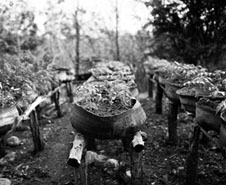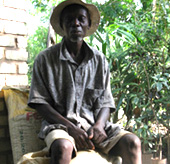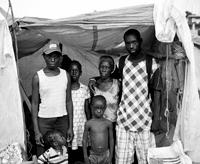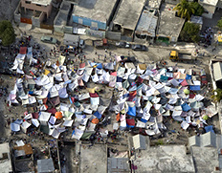
Articles by Beverly Bell


Haitian Farmers Commit to Burning Monsanto Hybrid Seeds

Haiti: Government Destroys Refugee Camps

The Urgency of Housing in Haiti: A Priority in Addressing Rape

The Shock Doctrine in Haiti: An Interview with Patrick Elie

